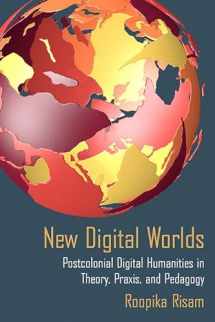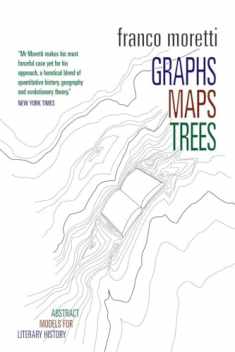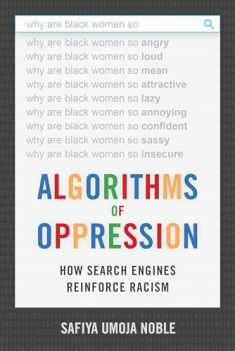
New Digital Worlds: Postcolonial Digital Humanities in Theory, Praxis, and Pedagogy
Book details
Summary
Description
The emergence of digital humanities has been heralded for its commitment to openness, access, and the democratizing of knowledge, but it raises a number of questions about omissions with respect to race, gender, sexuality, disability, and nation. Postcolonial digital humanities is one approach to uncovering and remedying inequalities in digital knowledge production, which is implicated in an information-age politics of knowledge.
New Digital Worlds traces the formation of postcolonial studies and digital humanities as fields, identifying how they can intervene in knowledge production in the digital age. Roopika Risam examines the role of colonial violence in the development of digital archives and the possibilities of postcolonial digital archives for resisting this violence. Offering a reading of the colonialist dimensions of global organizations for digital humanities research, she explores efforts to decenter these institutions by emphasizing the local practices that subtend global formations and pedagogical approaches that support this decentering. Last, Risam attends to human futures in new digital worlds, evaluating both how algorithms and natural language processing software used in digital humanities projects produce universalist notions of the "human" and also how to resist this phenomenon.


We would LOVE it if you could help us and other readers by reviewing the book
Book review





